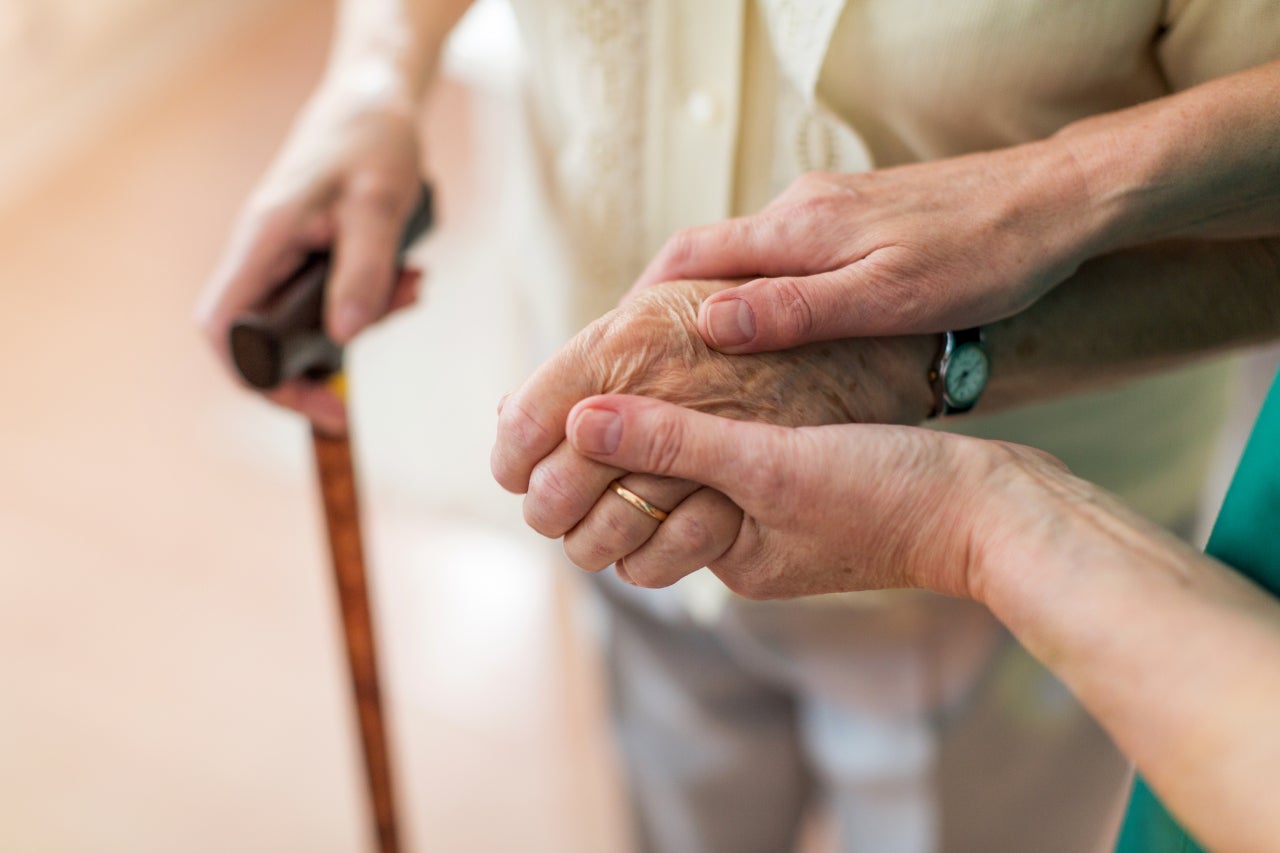Research UMC Utrecht shows that Vulnerable elderly with atrial fibrillation are not helped by newer blood thinners
Switching from traditional blood thinners to newer variants leads to more bleeding in frail elderly patients with atrial fibrillation compared with continuing current treatment. This emerges from research by UMC Utrecht into the safety of switching blood thinners in frail elderly people with atrial fibrillation. The results of the study were presented Aug. 27 at a major international cardiology congress in Amsterdam and published simultaneously in the journal Circulation.
About 1 in 10 people aged 75 and older in the Netherlands has atrial fibrillation. People with atrial fibrillation have an increased risk of thrombosis, and to lower this risk, doctors prescribe blood thinners. The purpose of study FRAIL-AF was to find out if switching from traditional blood thinners to newer blood thinners leads to less bleeding in frail elderly people with atrial fibrillation. From the randomized trial, the researchers now conclude that switching blood thinners (from VKA to NOAC) in frail elderly people with atrial fibrillation actually leads to more bleeding. The risk of bleeding is 69% higher when patients switch to the newer blood thinners compared to when they continue to use traditional blood thinners.
Continuing traditional blood thinners
Geert-Jan Geersing, general practitioner and researcher at UMC Utrecht: "This study shows that frail elderly patients with atrial fibrillation are better off continuing with traditional blood thinners than switching to newer blood thinners." The newer blood thinners are more often preferred to the traditional blood thinners because of the lower risk of serious bleeding and therefore no or fewer checks at the thrombosis service. In the nonvulnerable elderly this is also a justified choice, but randomized research in the frail elderly had not been done before. Geersing: "So the results of our study show a different outcome for frail elderly than what was known from previous research; an unexpected finding, also for ourselves." Linda Joosten, physician-researcher and general practitioner in training at UMC Utrecht: "These are people who, for example, are less mobile, have multiple illnesses, take a lot of medication, have worse vision or hearing, are somber or experience loneliness."
More research on frail elderly
Scientific research on drugs in frail elderly is highly desirable, because we cannot automatically assume that drugs work the same way in frail elderly as they do in non-fragile elderly. Geersing: "In the guidelines we still too often do this with the comment, 'there is also no evidence that they work differently.' This is a classic circular reasoning: frail elderly very often do not participate in research because they are not allowed to participate due to strict inclusion criteria or because a physician wants to protect them from the burden of research. As a result, we have no evidence, and because we have no evidence we pretend that evidence is not needed. Our research shows that this type of research, difficult as it is, is really necessary, especially with the aging population that is upon us."
The FRAIL-AF study
Researchers at the UMC Utrecht, together with physicians and researchers from various anticoagulation services throughout the Netherlands, set up the FRAIL-AF study. The study started in 2018 and has a follow-up duration of one year per patient. The study used the Groningen Frailty Indicator. A total of 1,330 patients were randomized between January 2018 and April 2022. The mean age was 83 years and 38.8% were women. The study was funded through ZonMw's Good Use of Medicines program, project number 848015004.









